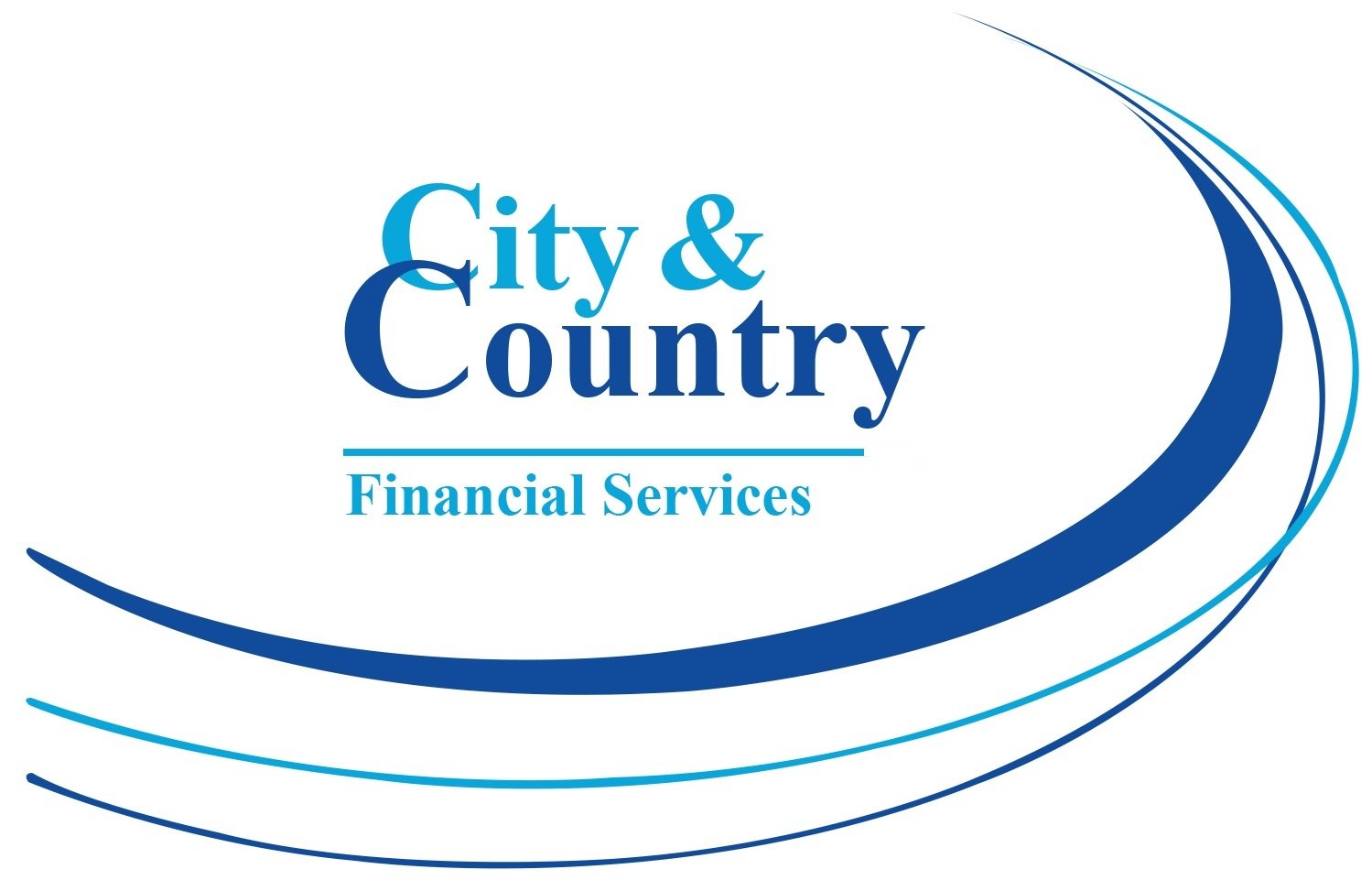A Guide to Family Succession Planning
For a family business, transition is a once-in-a-lifetime decision. Perhaps no challenge has as much potential to exacerbate the special stresses – or conversely, highlight the special advantages – of operating a family business.
Prosperity for generations to come
A good succession plan can be the first step in maintaining the strength of an enterprise and the family’s prosperity for generations to come. Discussing how a family business should continue beyond the career, or even the life, of the founder can be difficult, as it often crosses business and personal spheres. Issues around succession planning make up four of the top ten worries keeping family business owners awake at night, according to research from Close Brothers Asset Management (CBAM), conducted by Family Business United. Families who are in business must give their attention to the organisational needs of not only their business, but also that of their family and, most importantly, those areas where business and family intersect. Often family and business are so closely interwoven that it is almost impossible for the family to come together without bringing the business with them. This is not always a good thing, and family meetings are not necessarily the ideal setting to consider and discuss business.
Later generations
The challenges faced by the second and third generations are substantially different from those faced by the first generation. Also, given that the first generation is often highly entrepreneurial, they often tend to overlook succession planning until the last moment. This makes the process even harder. A survey of family businesses found that management succession planning was a worry for 39% of business owners, while 35% cited engaging and developing the next generation as a concern. Ownership succession and developing responsible future owners was stated as a worry by more than a third (34%) of business owners. The same number also highlighted identifying and maintaining family values as an ongoing concern.
Planning for later life
The day-to-day running of the business came in as the top worry for family business owners, with 40% saying that continuing to develop and remain a profitable business was a key concern. Personal finances also stood out, with worries about planning for later life highlighted by 38% of owners. Outside of family businesses’ immediate control, four in ten (39%) business owners said red tape, regulation and legislation were a worry. This is significant, as family businesses employ almost 12 million people and turn over an estimated £1.3 trillion each year, which is over a third of the turnover of the private sector.
Looking to develop a sustainable family organisation for years to come?
Succession planning can be a complex process, although breaking it down into its component parts makes developing one a whole lot easier. Handing a family business to the next generation is a major process – from selecting and developing the successors to protecting the brand reputation and retaining knowledge – but the effort is crucial to developing a sustainable organisation for years to come. To discuss your requirements, please contact us for further information.

